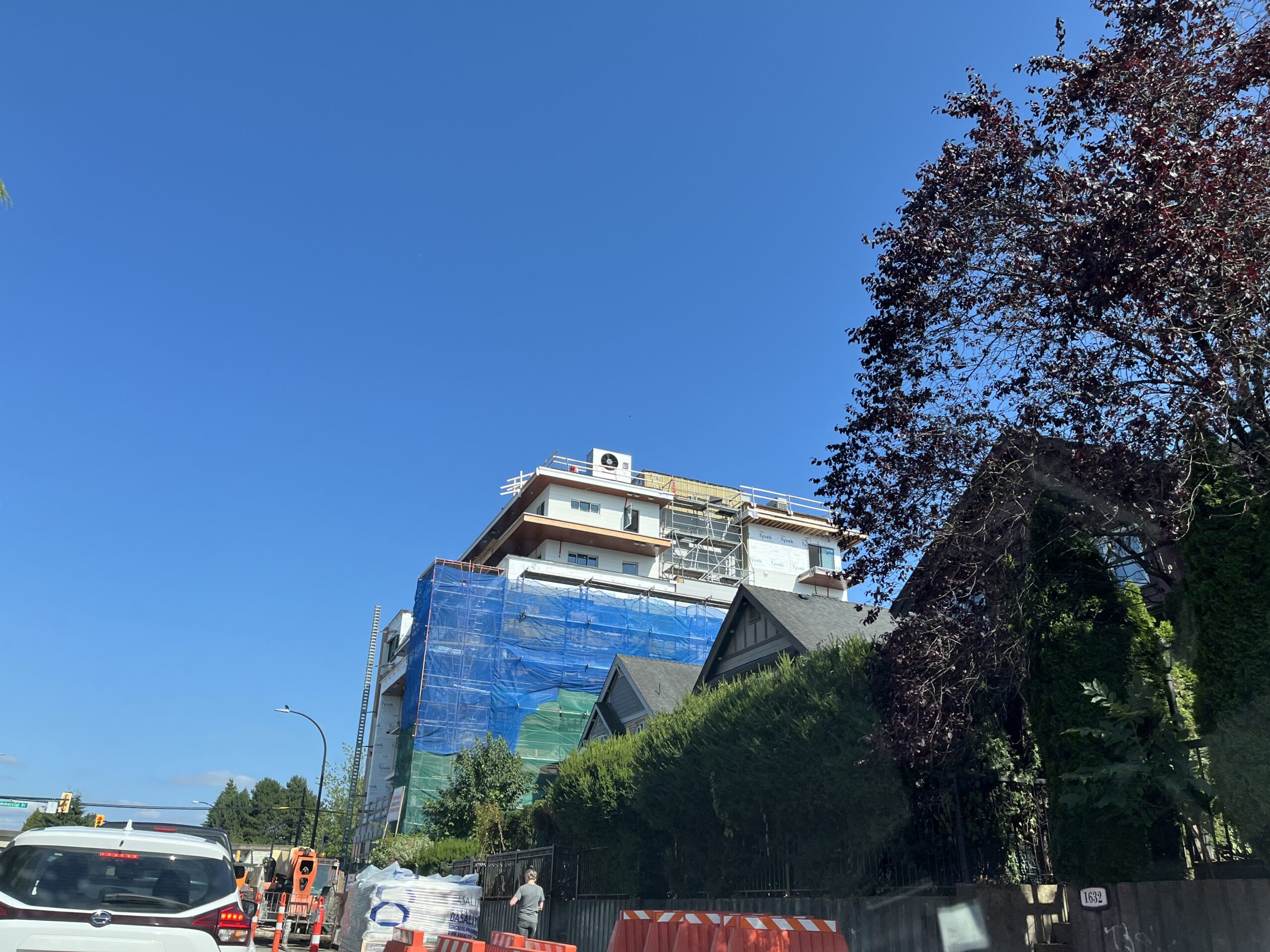If you’re considering settling in Surrey, BC, in 2025, you’re likely weighing the financial pros and cons of renting versus buying. With fluctuating interest rates, evolving housing prices, and shifting rental dynamics, it’s crucial to make an informed decision. This guide delves into the current market trends, providing a clear comparison to help you determine the most cost-effective option for your situation.
Surrey Housing Market Snapshot (2025)
As of mid-2025, Surrey’s real estate market presents a diverse range of options:
- Detached Homes: The average price ranges between $1.44 million and $1.46 million .
- Townhouses: Median prices are approximately $899,000 .
- Condominiums: Median prices hover around $569,000 .
These figures indicate a more affordable entry point compared to Vancouver, making Surrey an attractive option for potential homeowners.
Read more: Renting vs Buying in Vancouver: Which Is Better in 2025?
Renting in Surrey: Current Trends
The rental landscape in Surrey has seen some shifts:
- Average Rent: As of July 2025, the average rent for a one-bedroom apartment is $1,687/month, while two-bedroom units average $2,282/month .
- Year-over-Year Change: Rental prices have decreased by 6.7% over the past year, indicating a cooling market .
- Vacancy Rates: The vacancy rate in Metro Vancouver, including Surrey, has risen to 1.6% in 2024, up from 0.9% in 2022, suggesting a more balanced rental market .
These trends may offer renters more options and potential negotiating power.
Rent vs. Buy: A Comparative Analysis
To provide a clearer picture, let’s compare the costs associated with renting and buying in Surrey:
Renting a 2-Bedroom Apartment
- Monthly Rent: $2,282
- Annual Rent: $27,384
Buying a $569,000 Condo (Assuming 5% Down Payment)
- Down Payment: $28,450
- Mortgage Amount: $540,550
- Interest Rate: 4.74% (current 5-year fixed rate)
- Amortization Period: 25 years
Using a standard mortgage calculator, the estimated monthly mortgage payment would be approximately $3,000. Adding property taxes and maintenance fees could bring the total monthly cost to around $3,500.
Note: These figures are estimates and can vary based on individual circumstances and market conditions.
Read more: What to Expect During Move-In and Move-Out Inspections: Tips for Vancouver Renters
Financial Implications
- Renting: Renting offers flexibility without the commitment of property ownership. However, over time, rental payments contribute to the landlord’s equity rather than building your own.
- Buying: Purchasing a home allows you to build equity and potentially benefit from property appreciation. However, it comes with upfront costs (e.g., down payment, closing fees) and ongoing expenses (e.g., mortgage, property taxes, maintenance).
Expert Insights
According to Lisa Zhang, a financial advisor based in Vancouver:
“In today’s market, many first-time buyers are opting to rent longer to save for a larger down payment, aiming to reduce their monthly mortgage burden and avoid private mortgage insurance.”
Market Dynamics: Global vs. Local Influences
Several factors influence Surrey’s housing market:
- Interest Rates: The Bank of Canada’s decisions on interest rates directly impact mortgage rates, affecting affordability.
- Immigration: Surrey continues to experience population growth due to immigration, increasing demand for housing.
- Economic Factors: Local employment opportunities and economic conditions play a significant role in housing demand.
Conclusion
Whether it’s cheaper to rent or buy in Surrey depends on your financial situation, long-term goals, and market conditions. Renting may offer short-term flexibility, while buying can be a step toward long-term financial stability and equity building.
For personalized advice, consider consulting with a local real estate agent or financial advisor to assess your options based on current market conditions and your individual circumstances.
My name is Jay, a longtime Metro Vancouverite sharing local real estate tips and my own photos of the city’s homes and neighbourhoods here on Vancouver Home Hub. Hope you find my blog useful! Feel free to reach out anytime at vancouverhomehub@gmail.com if you have questions.


Leave a Reply